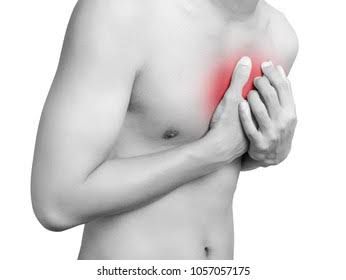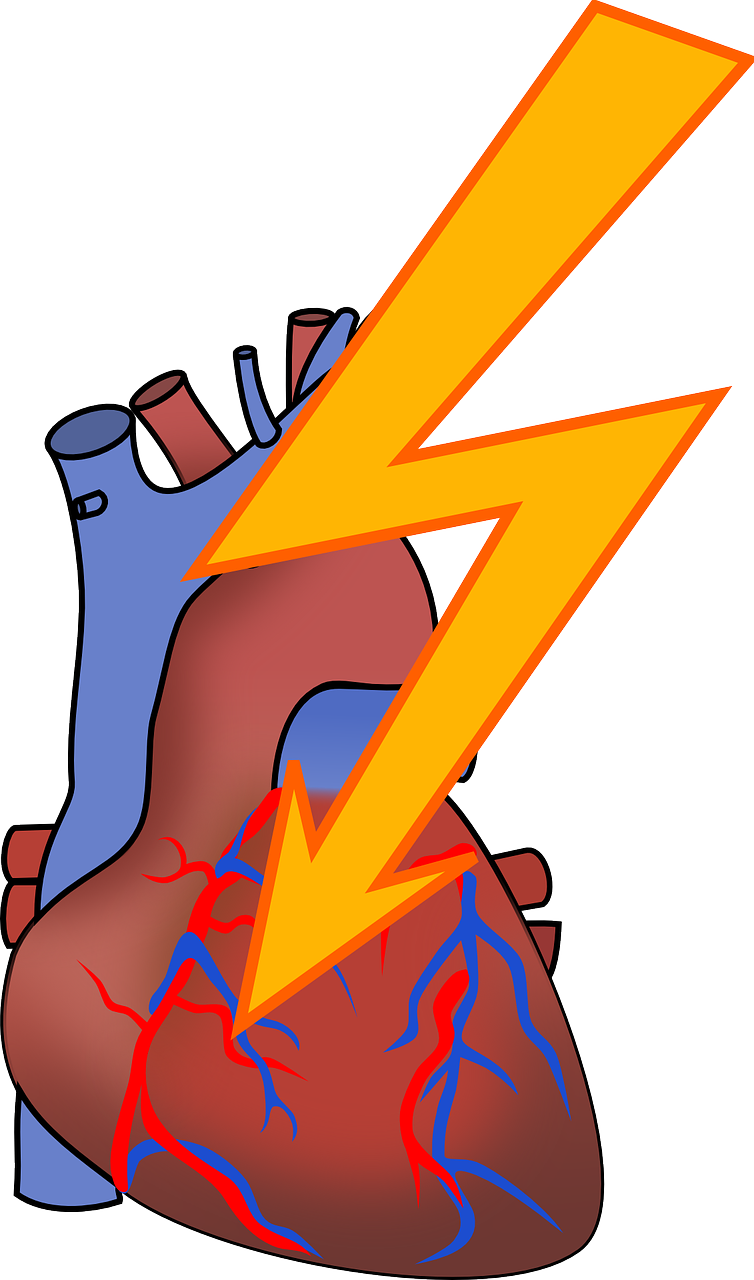
Rahmanir Rahim
Assalamu Alaikum Wa Rahmatullahi Wa Barakatuhu
Dear Companions Today I want to share with you some words about the evils of killing foetuses.Welcom to this post and congratulations to all.
Discuss the symptoms, causes, remedies and preventive measures of heart disease
Heart disease encompasses a range of conditions that affect the heart's structure and function. This can include coronary artery disease, heart rhythm problems (arrhythmias), congenital heart defects, heart infections, and others. Let's delve into each aspect you've mentioned:
Symptoms:
Chest Pain or Discomfort: Often described as pressure, tightness, or squeezing in the chest.
Shortness of Breath: Difficulty breathing, especially during physical activity or when lying down.
Fatigue: Feeling tired even with minimal exertion.
Swelling: Fluid retention in the legs, ankles, feet, or abdomen.
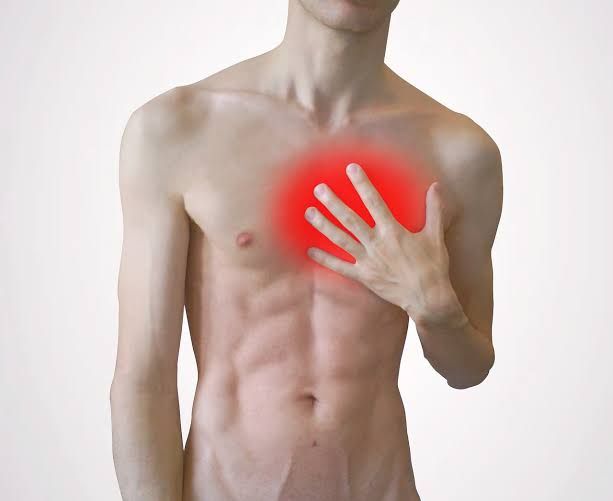
source
Dizziness or Lightheadedness: Feeling faint or woozy.
Nausea: Sometimes accompanied by vomiting.
Palpitations: Irregular heartbeats or feeling like the heart is skipping a beat.
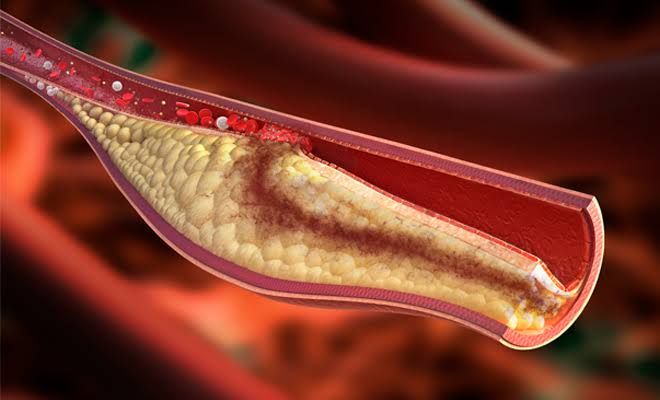
source
Causes:
Atherosclerosis: Buildup of plaque in the arteries, narrowing them and restricting blood flow to the heart.
High Blood Pressure: Puts strain on the heart and arteries over time.
High Cholesterol: Increases the risk of plaque buildup in the arteries.
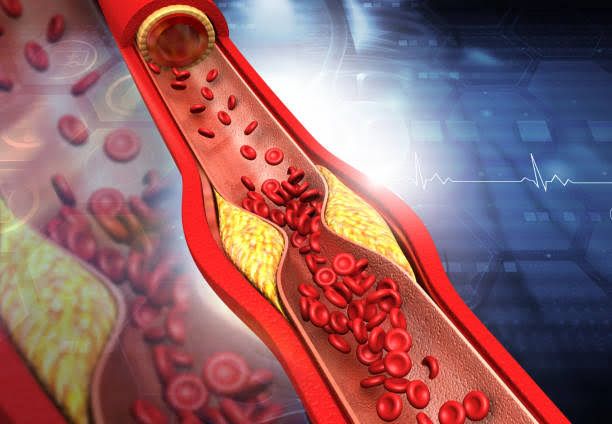
source
Smoking: Damages blood vessels and contributes to plaque buildup.
Diabetes: Uncontrolled diabetes can damage blood vessels and increase the risk of heart disease.
Obesity: Excess weight puts strain on the heart and increases the risk of other risk factors like high blood pressure and diabetes.
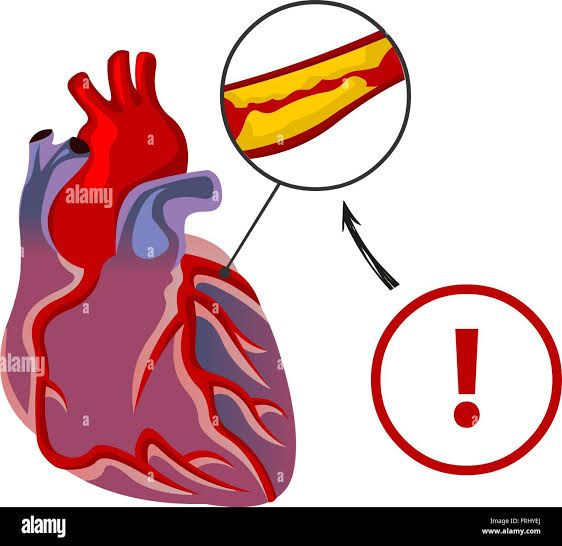
source
Family History: Genetics can play a significant role in predisposing individuals to heart disease.
Lack of Physical Activity: Sedentary lifestyle increases the risk of obesity, high blood pressure, and other risk factors.
Remedies:
Medication: Depending on the specific condition, medications such as statins (to lower cholesterol), ACE inhibitors (to lower blood pressure), or blood thinners may be prescribed.
Lifestyle Changes: Adopting a healthy diet low in saturated fats, cholesterol, and sodium, and high in fruits, vegetables, and whole grains can help manage heart disease.
Exercise: Regular physical activity helps improve heart health, strengthens the heart muscle, and can help manage weight.
Quit Smoking: Smoking cessation is crucial for improving heart health and reducing the risk of complications.
Stress Management: Stress can contribute to heart disease, so techniques such as meditation, yoga, or deep breathing exercises can be beneficial.
Surgery or Procedures: In some cases, procedures such as angioplasty, stent placement, or bypass surgery may be necessary to improve blood flow to the heart.
Cardiac Rehabilitation: A structured program of exercise, education, and support to help people recover from heart disease and improve their overall cardiovascular health.
Preventive Measures:
Healthy Diet: Emphasize fruits, vegetables, whole grains, lean proteins, and healthy fats while limiting saturated fats, trans fats, cholesterol, and sodium.
Regular Exercise: Aim for at least 150 minutes of moderate-intensity aerobic exercise or 75 minutes of vigorous-intensity exercise per week, along with muscle-strengthening activities on two or more days per week.
Maintain a Healthy Weight: Strive for a body mass index (BMI) within the normal range.
Quit Smoking: Seek support and resources to quit smoking if you currently smoke.
Manage Stress: Find healthy ways to cope with stress, such as exercise, meditation, hobbies, or spending time with loved ones.
source
Regular Health Check-ups: Monitor blood pressure, cholesterol levels, and blood sugar levels regularly, and seek medical advice if there are any concerns.
Limit Alcohol Intake: Stick to moderate alcohol consumption, which is up to one drink per day for women and up to two drinks per day for men.
Know Your Family History: Be aware of any family history of heart disease or related conditions and discuss this with your healthcare provider.
By understanding the symptoms, causes, remedies, and preventive measures of heart disease, individuals can take proactive steps to protect their heart health and reduce their risk of developing cardiovascular complications. It's essential to prioritize heart health through lifestyle choices and regular medical care.
